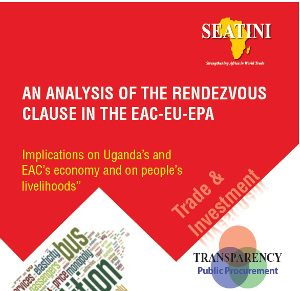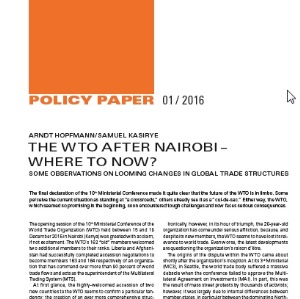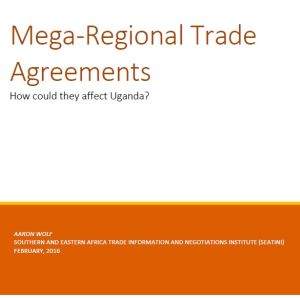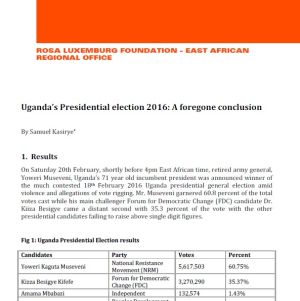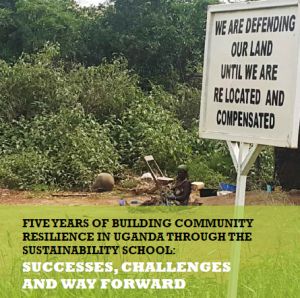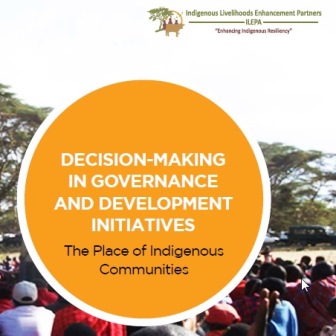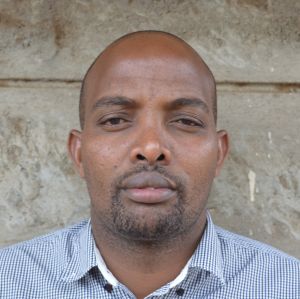Implications on Uganda’s and EAC’s economy and on people’s livelihoods | Written by SEATINI Uganda | March 2016 After 12 years of challenging negotiations, the EAC and EU concluded the Economic Partnership Agreements in October 2014. Nevertheless, critical issues contained in the so-called Rendezvous Clause of the Agreement are yet to be finalized by the two Parties. The analysis examines the rendezvous clause, li ...
